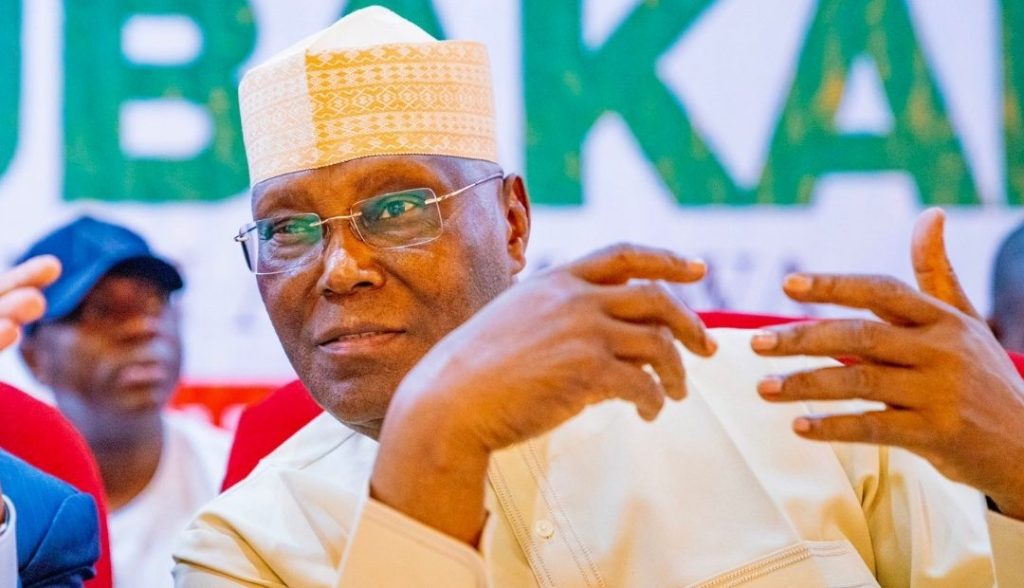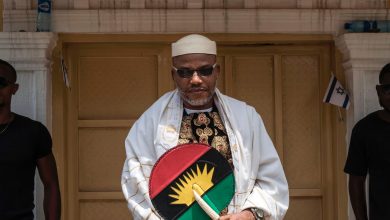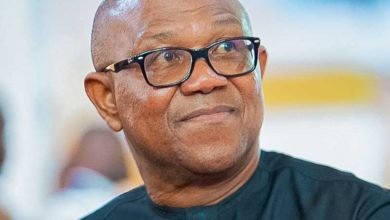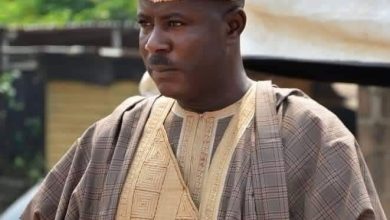Atiku Demands Audit of Lagos–Calabar Highway, Says Project Cost Vindicates His Warning
Atiku Abubakar has renewed criticism of the Lagos–Calabar Coastal Highway, accusing the government of inflating costs.
He demanded an independent audit and full disclosure of the project’s funding details.
Former Vice President Atiku Abubakar has reiterated his earlier criticism of the Lagos–Calabar Coastal Highway, saying new revelations about the project’s actual cost have confirmed his concerns about inflated expenses.

Atiku, in a statement released on Wednesday by his Special Assistant on Public Communication, Phrank Shaibu, urged the Federal Government to suspend further payments and subject the project to an independent value-for-money audit. He insisted that Nigerians deserve full assurance that the project genuinely serves the public interest and not private gain.
According to the statement, Atiku had raised questions months ago when the administration of President Bola Tinubu announced that the 700-kilometre coastal highway would cost about N8 billion per kilometre. At the time, the Minister of Works, David Umahi, publicly dismissed the claim, saying the figure was exaggerated and that the cost was around N4 billion per kilometre.
Shaibu noted, however, that the minister has now acknowledged that the true cost is closer to N8 billion per kilometre precisely what Atiku warned about. He said the admission exposed inconsistencies in the government’s explanation and cast doubt on the transparency of one of the country’s most expensive road projects.
The statement further recalled that Atiku had described the project’s financial model as unclear and unnecessarily inflated, alleging that it appeared designed to serve vested interests rather than ordinary Nigerians.
Shaibu said the government’s share of funding represents only about 15 to 30 percent of the total cost, estimated at $11 billion, with the rest supposedly coming from the contractor. This, he noted, raises several unresolved questions, including who the real financiers are, what form of sovereign guarantees back the deal, and how the overall cost escalated so quickly.
Atiku’s team maintained that the development vindicates the former vice president’s long-standing call for competitive bidding, open procurement, and accountability in large-scale infrastructure contracts.
Shaibu added that the former vice president’s intervention was driven not by politics but by a sense of duty to protect national resources. “Each inflated contract, no matter how small, amounts to stealing from the Nigerian people,” he stated.
The statement concluded with a renewed demand for the Tinubu administration to publish all contractual details, disclose financing arrangements, and halt further disbursements until an independent audit confirms that the project is both transparent and beneficial to the nation.



